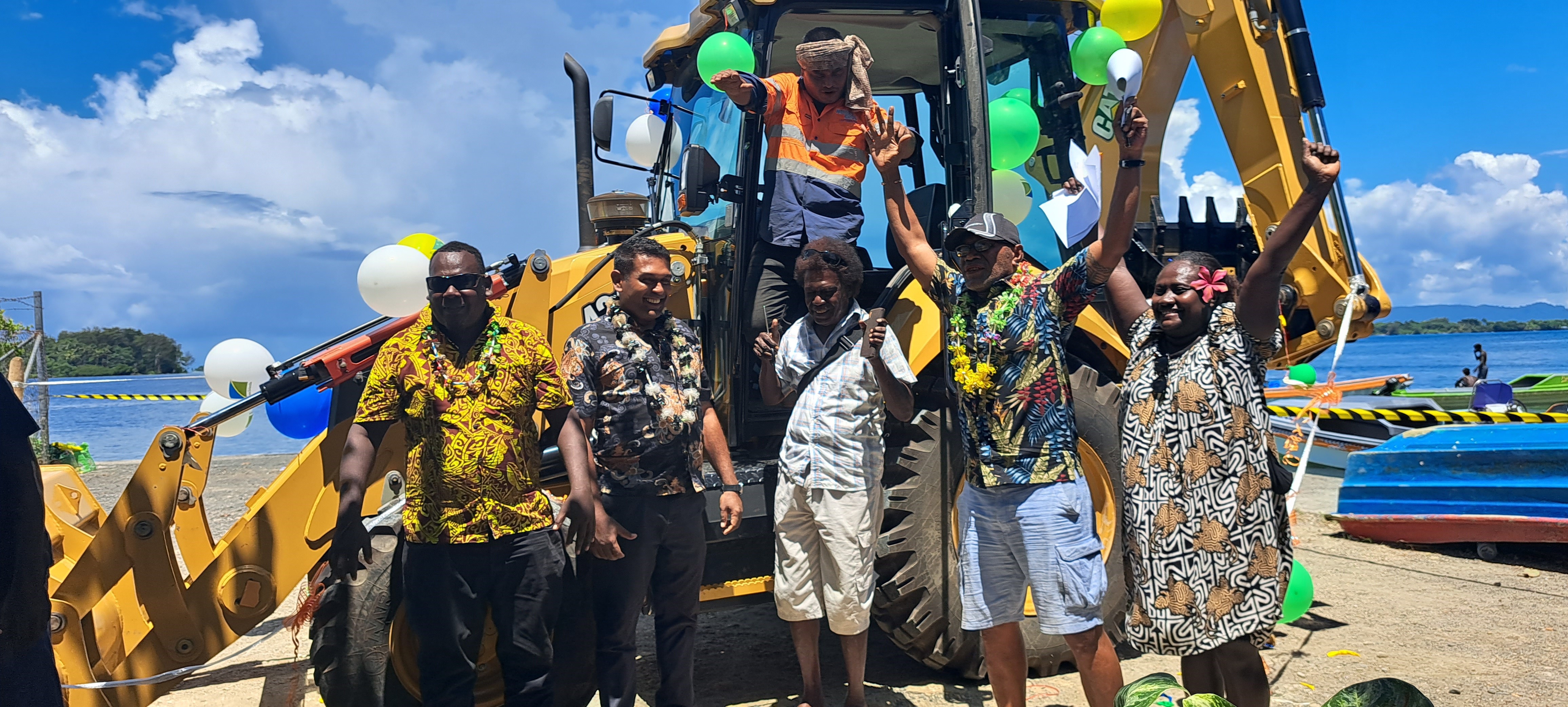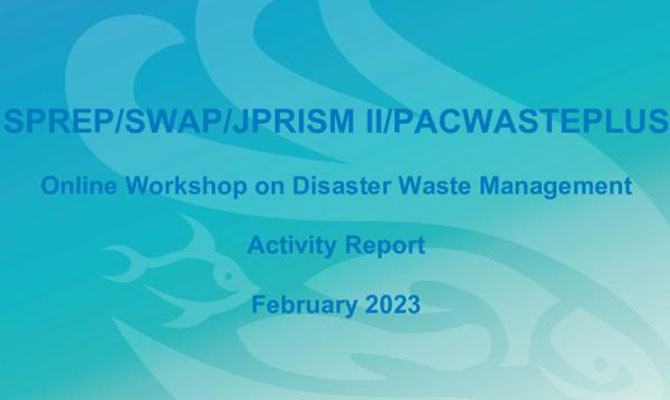
Disaster Waste Management

Pacific Islands are particularly vulnerable to natural disasters, such as cyclones, flooding tsunamis, landslides, earthquakes, and marine submersion, which are exacerbated - in power and frequency - by climate change.
Indeed, the IPCC report published on 9 August 2021 concludes that:
- Globally, daily extreme precipitation events are expected to increase by about 7% for each +1°C of global warming;
- The proportion of intensity of tropical cyclones (categories 4-5) and the maximum wind speeds of the most intense tropical cyclones should increase;
- Heat waves will be more frequent, hot seasons longer and cold seasons shorter. Extreme heat is expected to reach critical thresholds for agriculture and public health more often; and
- Sea levels could rise by one meter and two meters by 2300, contributing to more frequent and severe flooding in low-lying areas and increased coastal erosion.
These natural disasters are a real challenge for Pacific Islands because of the negative environmental, health, economic and social impacts. In addition to the significant risks to property and people directly caused by disasters, these events can generate a significant amount of waste which in turn can impact on health, the economy, or the environment. For example:
- Piles of waste on the roads can delay emergency lifesaving operations;
- Sharpe waste such as broken glasses and deformed pieces of metal can cause serious injuries;
- Piles of waste can become breeding sites for mosquitos and rats; and/or
- Some hazardous waste such as used oil or chemicals can spread and pollute the soil, the rivers, the sea, the groundwater, the atmosphere or even have health effects if not handled with care.
This thematic area is addressed by the SWAP Project through activities in Solomon Islands and Vanuatu:
- Scoping studies were carried out to identify Waste Disposal Sites to be rehabilitated and/or climate proofed.
- Based on the findings of the scoping study carried out in Vanuatu, SWAP provided technical and financial support to upgrade the access roads in Bouffa and Luganville landfills. Also, at Bouffa landfill, 5,400m3 of waste was removed from a stockpile to the dumping area.

- Based on the findings of the scoping study carried out in Solomon Islands, SWAP provided support to supply a second-hand backhoe loader for Gizo Waste Disposal Site.

To highlight the importance of efficient Disaster Waste Management system, SWAP has produced a documentary on how the Tonga authorities managed the waste generated by the volcanic eruption and tsunami in January 2023.
For further information on Disaster Waste Management, you can consult the document "FACTSHEET - Managing Disaster Waste: A guide for Communities" developed by the PacWastePlus Programme.
For further information on the interest for countries to have a Disaster Waste Management Plan, you can consult the document "REGIONAL FACTSHEET - Nation Disaster Waste Management Plans: benefits of having Disaster Waste Management Plans and planning to Pacific Islands" developed by the PacWastePlus Programme.
JICA developed the "Pacific Island Countries Regional Disaster Waste Management Guideline".









